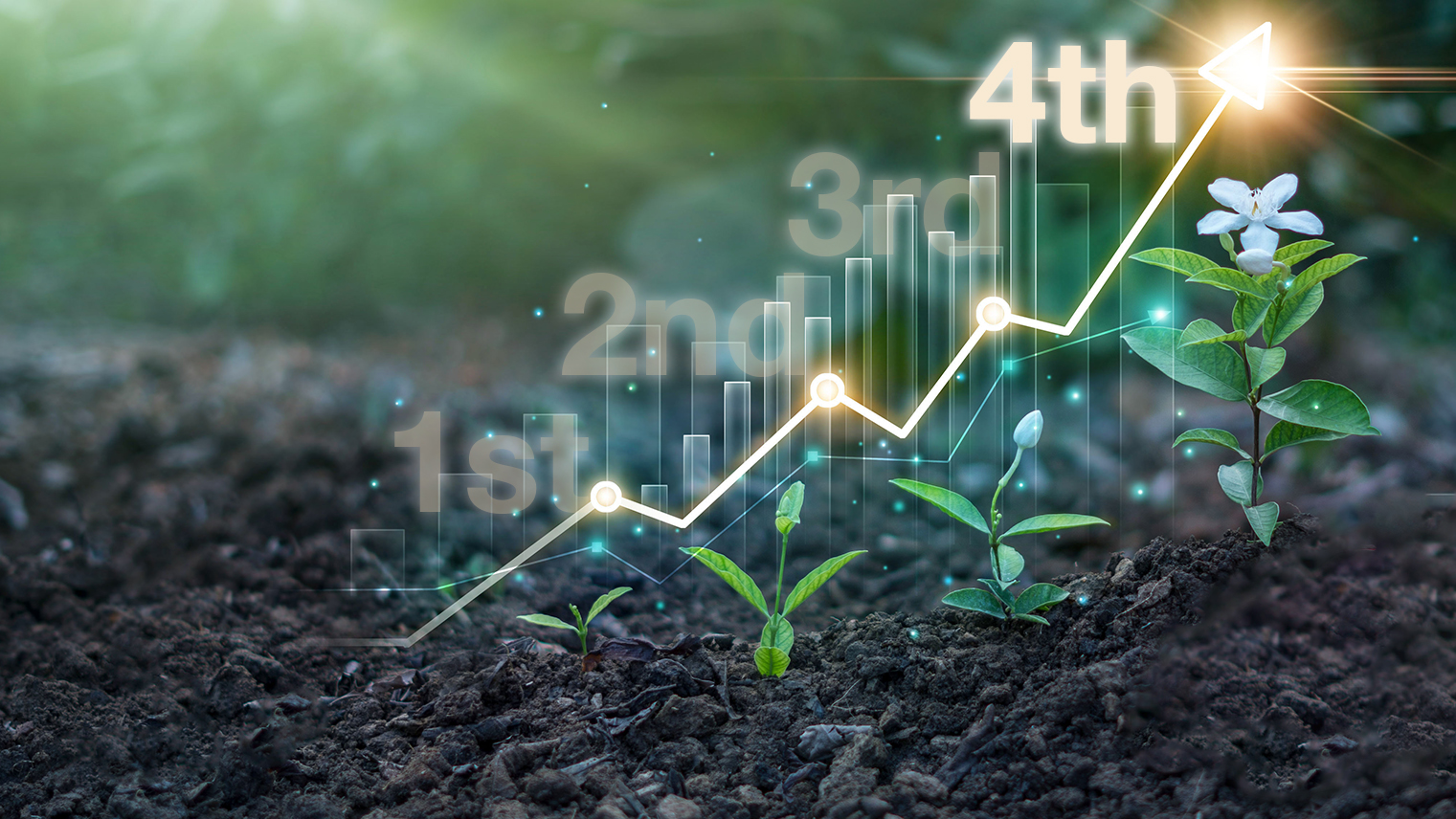Background
The importance of biodiversity, trade and particularly trade in biodiversity-based products for global efforts to tackle biodiversity loss is recognized by internationally agreed objectives, including the Sustainable Development Goals and the Kunming-Montreal Global Biodiversity Framework (GBF).
Data on commercialization and trade would help countries develop better informed policies related to the management and trade of biodiversity-based products and services. However, there is limited data publicly available on sustainable trade in biodiversity-based products and services and its environmental and socio-economic impact, and the information available is not comparable and dispersed in many different databases.
In September 2022, the United Nations Trade and Development (UNCTAD)’s BioTrade Initiative and Statistics Service launched the pioneer Trade and Biodiversity statistical tool (TraBio). It is an initial step to enable open access to reliable trade-related information on biodiversity-based products. TraBio applies a product classification of biodiversity-based products covering 1814 HS sub-headings, a database on trade flow in these products and related indicators, and a visualisation tool.
With the aim of improving data collection and analytical capacity for informed decision-making on trade in biodiversity-based products, including considering its environmental and socio-economic impact, and supporting the monitoring and reporting under the SDGs and relevant processes such as the GBF, UN Trade and Development convened the Informal Working Group (iWG) on Trade and Biodiversity Statistics.
The Informal Working Group is expected to convene between Autumn 2023 and Autumn 2024, mainly through hybrid and/or virtual meetings. These meetings aim to advance on the development of statistics on biodiversity-based products (e.g., common definitions, data gaps, new data sources and technologies, identification and assessment of socio-economic and environmental impact). These also consider how the biodiversity-based goods data could best contribute to current initiatives and frameworks as an open-source asset. Experts are invited to discuss progress towards a comprehensive trade and biodiversity framework and identify priorities and partners for knowledge of trade and biodiversity statistics by discussing ways to enhance related information.
UN Trade and Development’s BioTrade Initiative and Statistics Service kick-started the discussion with an Informal lunch event on trade and biodiversity statistics, organised at the margins of the Twentieth session of the United Nations Economic Commission for Europe’s Joint Task Force on Environmental Statistics Indicators on 17 October 2023.
The first iWG meeting (23 November 2023) allowed to open a platform of discussion and exchange of information on existing trade and non-trade related databases and their linkages to biodiversity issues, based on a mapping of 38 databases prepared by UN Trade and Development.
The second iWG meeting allowed to identify and agree on a common understanding of what “Trade and Biodiversity statistics” shall cover: statistics on biodiversity-based products as defined by UN Trade and Development BioTrade Initiative, and an holistic approach to include aspects of the overall supply chain of such products, including harvesting and catch, cultivation and farming, production, trade and consumption.
The third iWG meeting generated agreement on a framework to develop indicators capturing economic, social and environmental aspects of sustainability, with a fourth “policy” component that is transversal. Members learned from other experts/agencies experiences on the integration of biodiversity related data from integrated supply chains, showcasing interlinkages between different data areas and topics.
Objective
The fourth meeting of the informal Working Group on Trade and Biodiversity Statistics is expected to:
- Discuss the detailed analysis of potential indicators shared by UN Trade and Development ahead of the meeting based on:
- The Monitoring Framework of the Kunming-Montreal Global Biodiversity Framework (GBF).
- The Global Indicator Framework of the Sustainable Development Goals (SDGs)
- Indicators linked to 38 databases shared by iWG members.
- Learn from other experts/agencies experiences on the integration of biodiversity related data from integrated supply chains, showcasing interlinkages between different data areas and topics.
The expected outcome of the meeting is:
- Consensus on the lines of work that will contribute to the identification of relevant indicators and data based on the extensive review of indicators shared to iWG.
- Discussions of the output of the concluding meeting of the iWG, scheduled in September 2024, as well as the strategy for the dissemination of these data.
Target audience
The event targets members of the iWG of Experts on Trade and Biodiversity Statistics.
Membership to the iWG is open to experts with interest in biodiversity, statistics and trade from developed and developing countries. It aims to ensure a broad participation, a balanced geographic and gender representation. Participants will have experience on the topic being discussed and agree with the Terms of Reference of the Informal Working Group. If interested in joining or other related query, kindly send an email to [email protected] with the Subject: Informal Working Group of Experts on Trade and Biodiversity Statistics.
UNCTAD’s work on trade and biodiversity statistics, including the Informal Working Group and this event, is developed under the Global BioTrade Programme “Linking trade, biodiversity and sustainable development” funded by the Swiss State Secretariat for Economic Affairs SECO.

